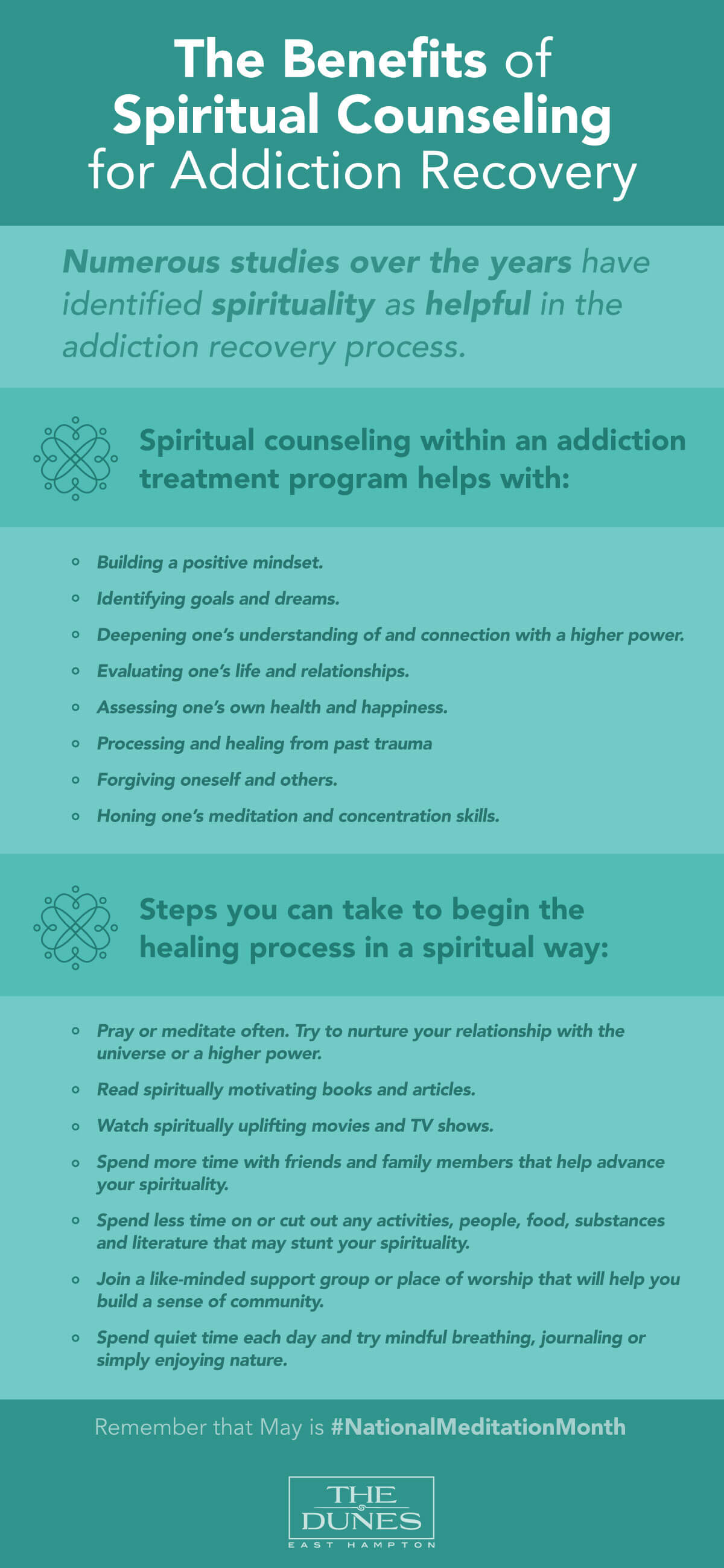After Completing Drug Rehabilitation, It's Necessary To Have A Solid Support System In Place To Ensure Long-Term Healing. Discover How Aftercare Programs Can Help You Keep Sobriety And Develop A Fulfilling Life
After Completing Drug Rehabilitation, It's Necessary To Have A Solid Support System In Place To Ensure Long-Term Healing. Discover How Aftercare Programs Can Help You Keep Sobriety And Develop A Fulfilling Life
Blog Article
Created By-McDermott Webster
You can't do it alone. Recuperation from drug dependency requires a strong support system.
The value of aftercare in drug rehabilitation can not be overstated. In this write-up, we will certainly discover the role of counseling, the benefits of treatment, and the structure given by peer support groups in maintaining sobriety.
So, grab why not find out more of coffee, kick back, and let us assist you with the critical steps of post-rehabilitation support.
The Function of Therapy in Aftercare
If you want to preserve your soberness after leaving rehabilitation, it's crucial that you continue joining counseling sessions as part of your aftercare plan.
Counseling plays a crucial role in your healing journey by providing recurring assistance, advice, and a safe area to reveal your sensations and concerns.
With therapy, you can address any type of underlying issues that might have contributed to your addiction, establish coping techniques, and discover healthier means to take care of anxiety and food cravings.
It enables you to work through any kind of unsettled emotions and create a much better understanding of on your own and your triggers.
The Advantages of Therapy in Keeping Sobriety
To maintain your sobriety, therapy can provide numerous advantages.
- Therapy provides a risk-free room for you to explore and deal with the underlying problems that might have added to your addiction.
- It permits you to overcome your emotions and develop healthier methods of managing stress and causes.
- Through therapy, you can obtain a much better understanding of on your own and your patterns of behavior, which can aid you make favorable adjustments in your life.
- Furthermore, treatment offers you with a support system of experts who are educated to guide and aid you on your trip to recuperation.
- They can use beneficial insights, tools, and techniques to aid you browse the difficulties that may occur.
- In treatment, you can find out to develop healthy and balanced coping abilities, build strength, and boost your general well-being.
Peer Support Groups: A Foundation for Lasting Recuperation
You can discover enduring recovery by actively joining peer support system and connecting with others that share similar experiences and goals.
Peer support system provide a safe and non-judgmental room where people in recovery can integrate to share their battles, successes, and insights. By proactively taking part in these groups, you can receive the assistance and encouragement you need to stay on the path of recuperation.
Getting in touch with others who have actually experienced comparable experiences can be extremely equipping, as it helps you understand that you aren't alone in your journey. What to Expect after Drug Rehab Muse Treatment Los Angeles CA enables you to learn from others that've successfully gotten over comparable obstacles. Together, you can commemorate milestones, hold each other responsible, and deal support and suggestions.
With these links, you can build a strong support group that will certainly assist you browse the ups and downs of healing and eventually locate enduring recovery and makeover.
Conclusion
You've learned about the crucial role of aftercare in drug rehabilitation. Therapy, treatment, and peer support system add to lasting healing. Below's a staggering statistic to understand the magnitude of the issue: research studies show that people who receive aftercare therapy are 50% more probable to keep soberness compared to those that do not.
So, envision the transformative power of these support systems in aiding individuals recover their lives and build a brighter, drug-free future.
